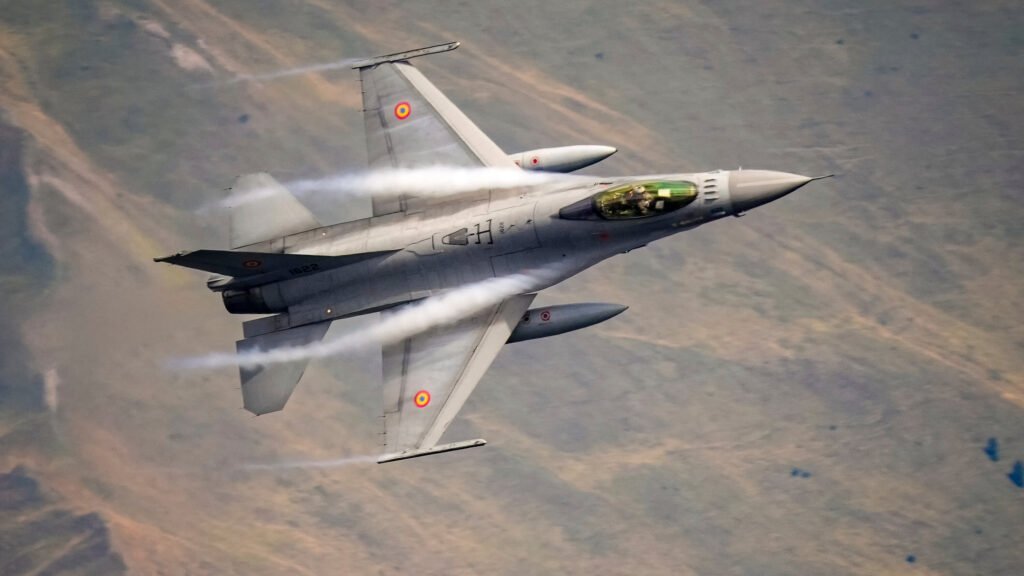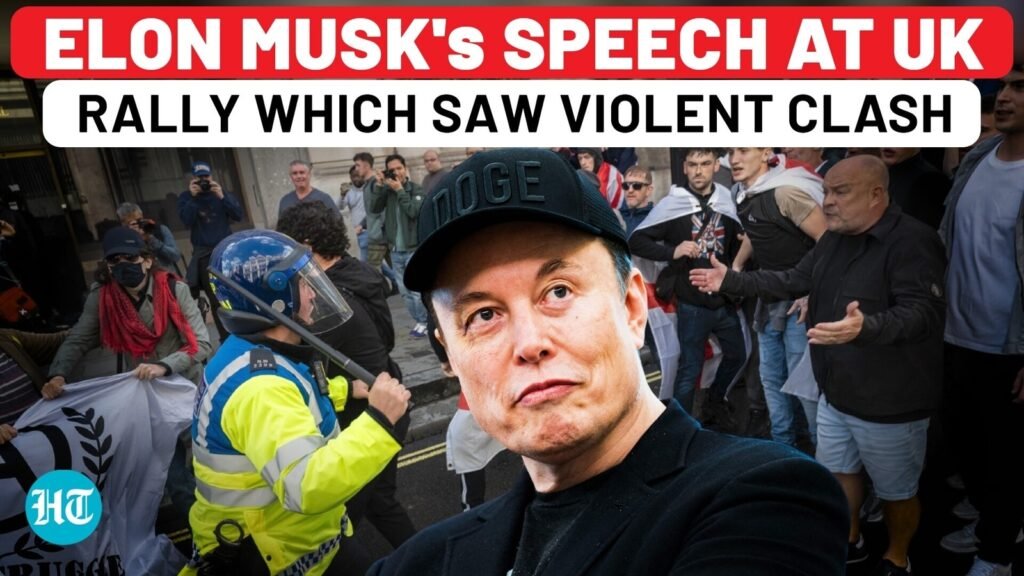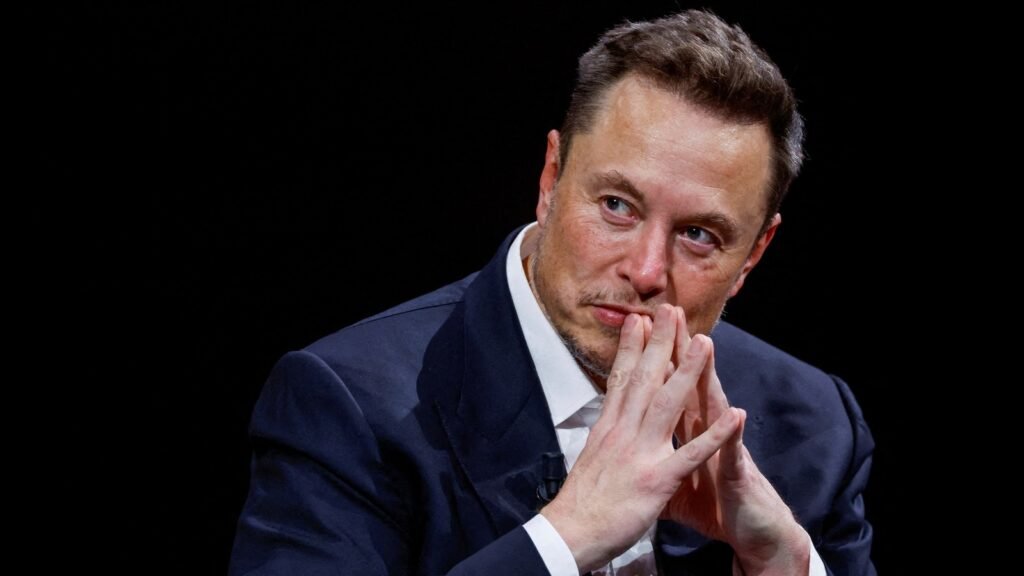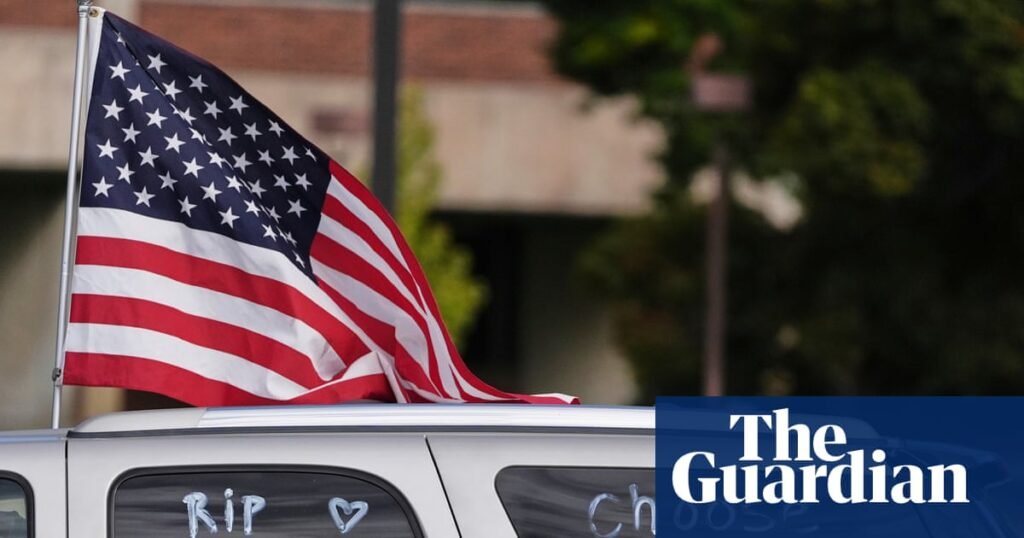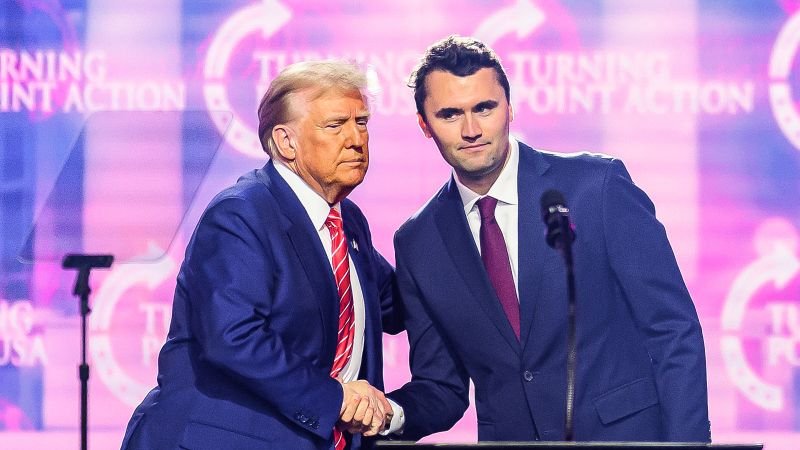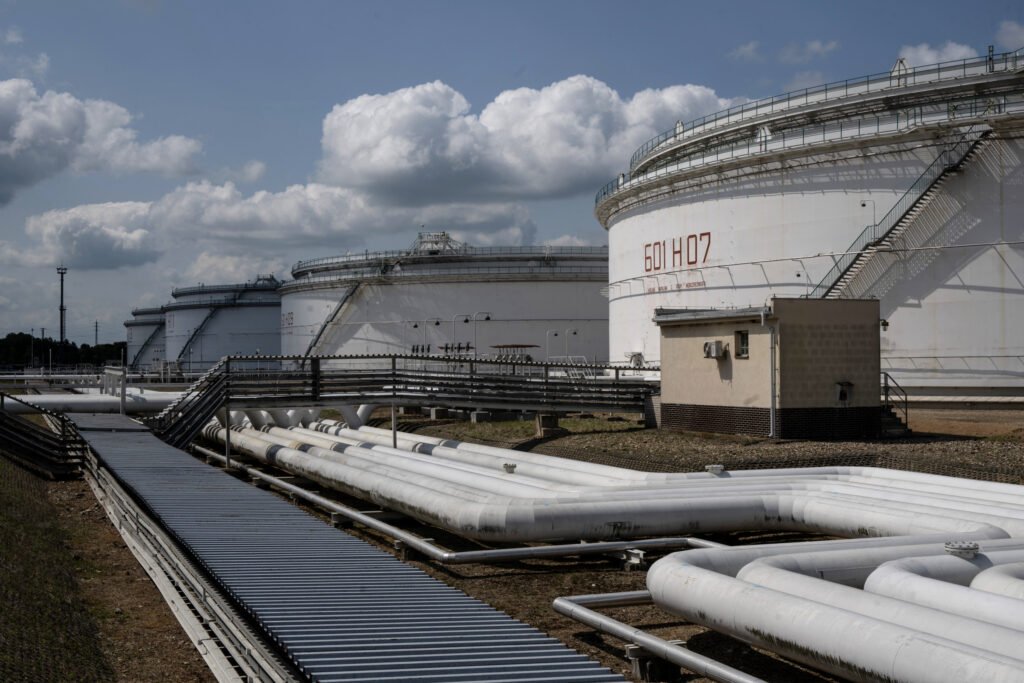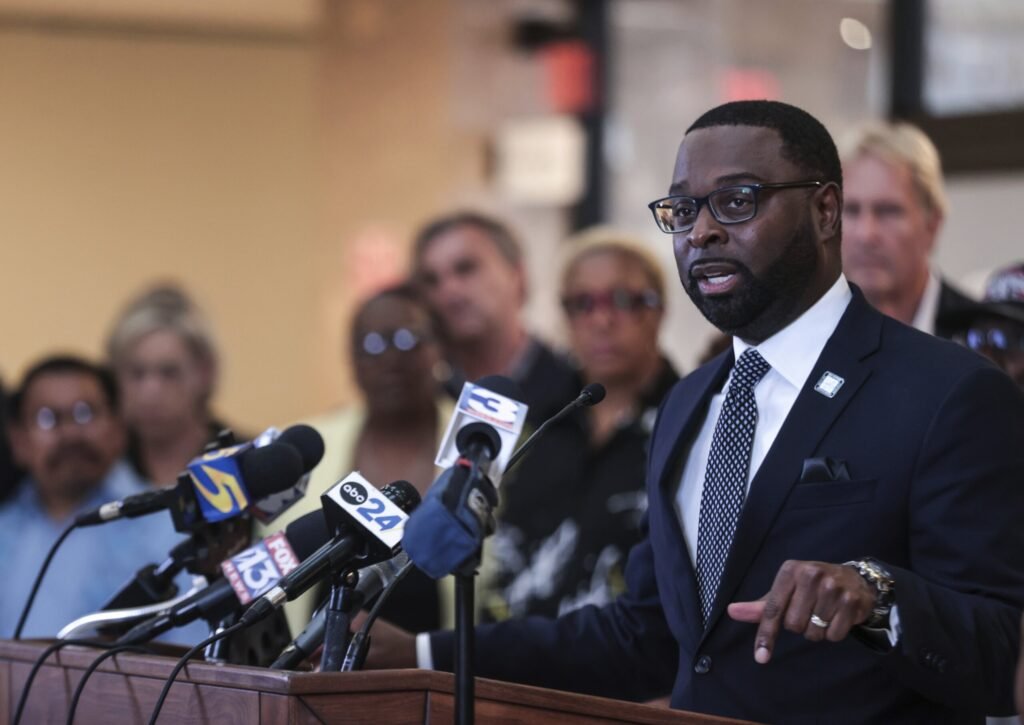このページを
日本語
で読む
China showcased its latest weaponry, potentially intended for a Taiwan invasion, during a military parade in Beijing on September 3. The day marked the 80th anniversary of what they call victory in the War of Resistance Against Japan.
President Xi Jinping’s speech that day carried a notably more bellicose tone.
Ten years ago, during the 70th anniversary, Xi highlighted a reduction of 300,000 troops and mentioned “peace” 18 times in his speech. “We must take history as a warning and strengthen our resolve to safeguard peace,” he said, back then.
In 2025, however, the same word appeared only six times. Xi instead emphasized military expansion, declaring, “We will accelerate the building of a world-class military.”
Show of Force
Signaling his determination to unify Taiwan, he further stated, “We will resolutely safeguard national sovereignty, territorial integrity, and national unity.”
Taiwanese security officials interpreted Beijing’s parade as a display of national prestige, intended to bolster domestic stability and confidence amid an economic downturn. They also saw it as a form of cognitive warfare, aimed at persuading the Taiwanese public that “the United States is unreliable and the Taiwanese military is ineffective.”
Dr Su Tzu-yun, Director of the Institute for National Defense and Security Research, a think tank affiliated with Taiwan’s Ministry of National Defense, described the situation as “strongly characterized by psychological warfare.”


Su noted the Dongfeng-61 intercontinental ballistic missile and the Julang-3 submarine-launched ballistic missile, both capable of striking the entire US mainland, as well as the Hongqi-29 mobile missile defense system, among other “strategic-level” weapons showcased in the parade.
He explained that the display aimed “to demonstrate nuclear strike and missile defense capabilities to Western countries, and to threaten with nuclear weapons any nation that attempts to support Taiwan in a crisis.”
China Eyes Taiwan
At the strategic level, China showcased its anti-access/area-denial capabilities, designed to keep foreign navies away from Taiwan, using hypersonic anti-ship missiles such as the YJ-17.
At the tactical level, drones and combat robots were displayed, signaling readiness for direct attacks and amphibious landings on Taiwan.

The KJ-600, the stealth fighter J-35, and laser weapons reportedly capable of destroying drones were also observed.
“While China possesses numerous large-scale weapons, it is concentrating on developing new asymmetric capabilities such as drones and laser weapons,” Su warned. “These are precisely the areas Taiwan should prioritize in its own development.”
Weaknesses Laid Bare
Meanwhile, China also displayed some “abnormalities.” Unlike past military parades, which began at 10 AM, the recent event started an hour earlier. It was likely a consideration for the 72-year-old Xi, opting for a cooler time of day.
The length of his speech was also reduced to less than 60% of what it was a decade ago. Standing on the Tiananmen rostrum, Xi’s expression and tone appeared to lack the vigor seen in previous addresses.

Moreover, the turmoil within the Chinese military amid the anti-corruption campaign is becoming increasingly evident. Traditionally, the commander of the Central Theater Command (formerly the Beijing Military Region), which oversees the capital, serves as the overall parade commander.
This time, however, the role was filled by a lieutenant general commanding the Central Theater Command Air Force. General Wang Qiang, whom Hong Kong media reported had been appointed commander of the theater in August 2024, is now notably absent.
Factionalism and Infighting
There was also no sign of He Weidong, Vice Chairman of the Central Military Commission and the Chinese military’s third-highest-ranking official, who has been rumored to have fallen from grace. Lin Xiangyang, commander of the Eastern Theater Command overseeing Taiwan affairs, also appeared to be absent.
These absences raise the possibility of military factionalism and infighting. “Even with many new weapons, operational problems will arise if there is a disconnect among commanders,” Su said.
The latest military parade, while showcasing China’s firm resolve to unify with Taiwan, also exposed its flaws.
RELATED:
Author: Yoshiaki Nishimi, The Sankei Shimbun
(Read this in Japanese)
このページを
日本語
で読む


